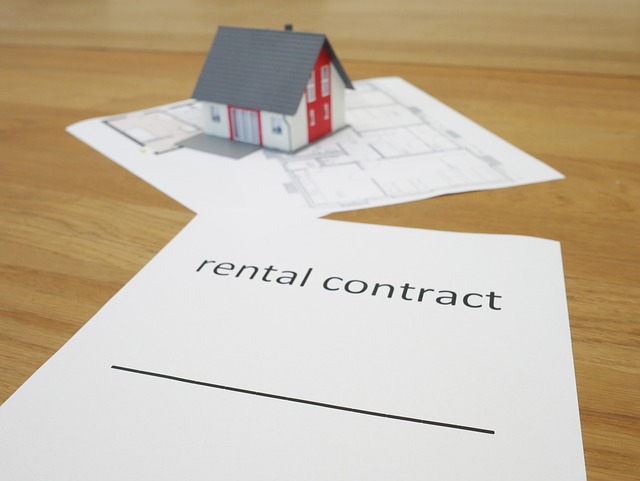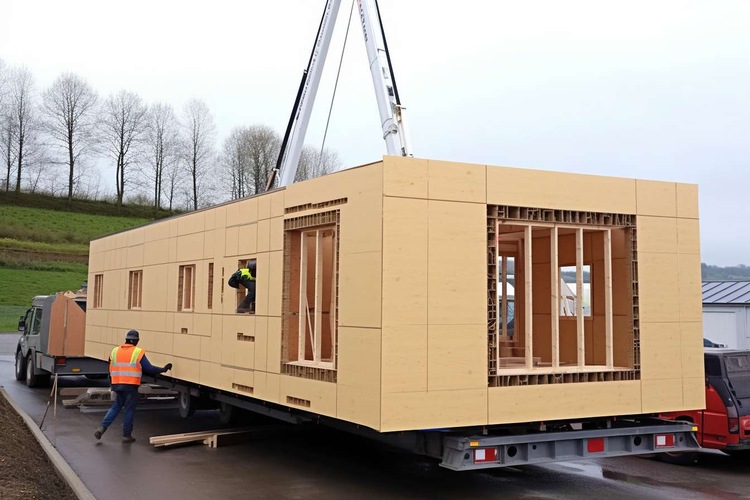The Untapped Potential of Upzoning in Today's Real Estate Market
The concept of upzoning is not a new one, but its application in today's real estate market presents a fresh perspective. Upzoning, a policy that allows for greater density in previously restricted areas, is increasingly used as a strategy to address housing shortages and revitalise urban landscapes. This article will delve into the origins of upzoning, its current applications, and its potential effects on the real estate market.

The Genesis of Upzoning
Upzoning finds its roots in the mid-20th century when cities began to experience rapid expansion. To manage this growth and protect the character of residential neighborhoods, many communities implemented zoning laws that limited housing density. However, these restrictions often resulted in a shortage of affordable housing. Recognising this, policymakers began to promote upzoning as a solution, a strategy that has gained momentum in recent years.
Upzoning in Today’s Market
In recent times, upzoning has emerged as a promising solution to housing shortages in urban areas. With the growing trend of urbanisation and the increasing demand for affordable housing, cities like Minneapolis and Seattle have adopted upzoning policies. These policies allow for the construction of multi-unit housing in areas previously zoned for single-family homes, thereby increasing housing density and affordability.
The Financial Implications of Upzoning
From a financial perspective, upzoning can have significant implications. For property owners, it can increase the value of their property as it allows for more profitable uses. For developers, upzoning opens up new opportunities for investment and construction. However, it’s crucial to note that while upzoning can lead to increased property values, it can also contribute to gentrification and displacement if not managed carefully.
The Impact of Upzoning on Buyers, Sellers, and Investors
The effects of upzoning extend beyond the financial realm. For buyers, increased housing density can lead to more affordable options. For sellers, it can increase property values and potential profits. For investors, upzoning presents new opportunities for development and investment. However, these benefits must be weighed against potential challenges, such as community resistance, infrastructure demands, and the risk of gentrification.
Looking Forward: The Future of Upzoning
As cities continue to grapple with housing shortages and strive for urban revitalisation, the role of upzoning in the real estate market will likely grow. However, its success will depend on careful implementation and management. As real estate professionals, it’s crucial to stay informed about this trend and consider its potential impact on our strategies and decisions.
In conclusion, upzoning offers a fresh, unique perspective on addressing housing shortages and revitalising urban landscapes. As with any policy, it presents both opportunities and challenges. By understanding these, we can navigate the evolving real estate market with informed strategies and decisions.






